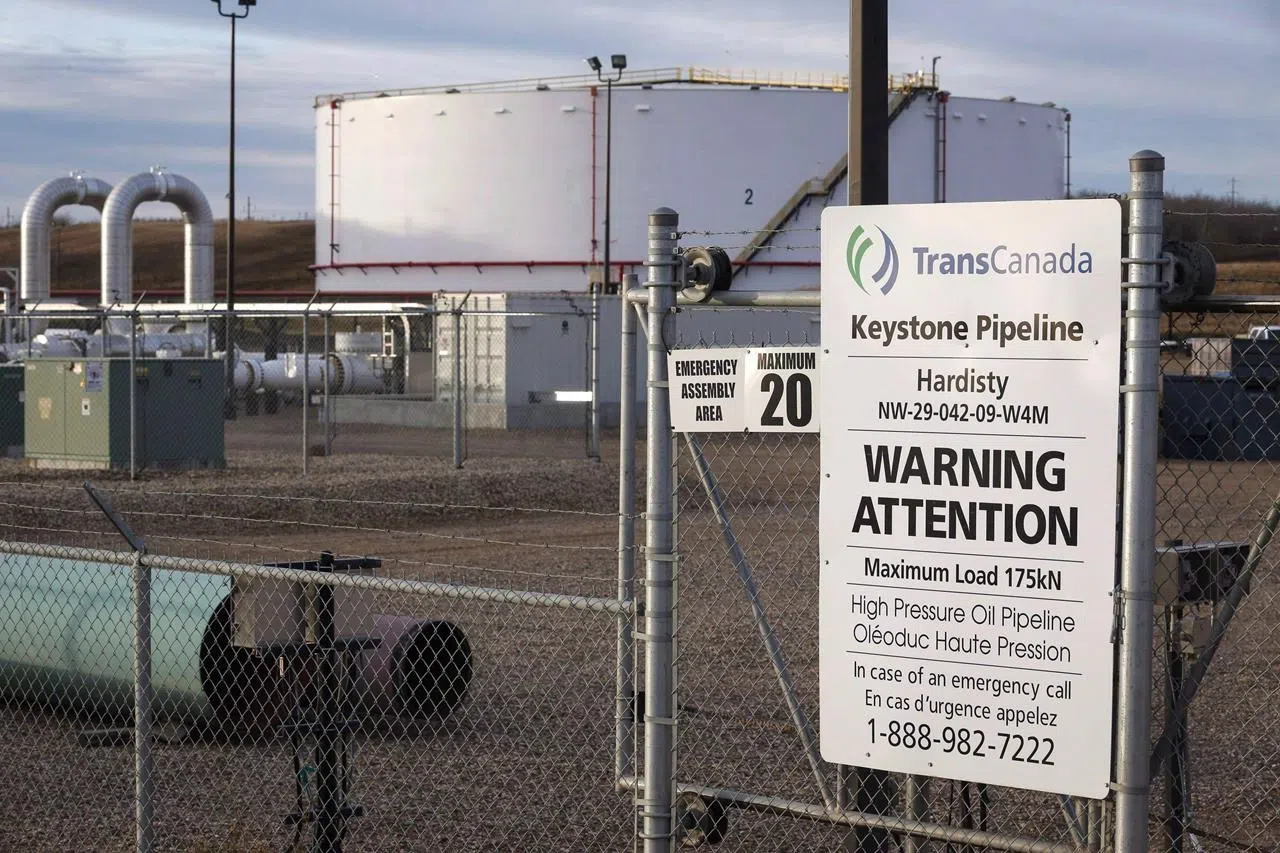
CSA finds corporate climate change risk reports failing to satisfy investors
CALGARY — A year-long review of climate change risk reporting by large Canadian publicly traded companies has found huge disparities in practices between corporations and industries but recommends no immediate action.
Further work is planned to develop new guidelines and potentially new rules to help companies comply with disclosure rules, according to a report from the Canadian Securities Administrators, a national body representing provincial securities regulators, released Thursday.
Climate change disclosure is a hot topic among investors, the CSA says, adding users it consulted say companies need to improve how they report climate change risks and financial impacts, with many complaining that current disclosures either don’t exist or are “boilerplate,” vague or incomplete.
“We now have a better understanding of the current state of climate change-related disclosure in Canada,” said CSA chair Louis Morisset.


